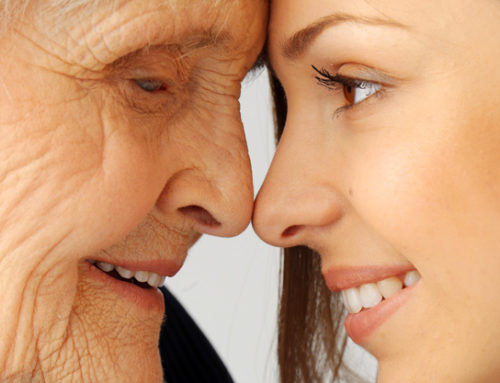How could he say that about me? My stomach is burning with fury at the insult and I will get back at him by not texting or responding to his calls.
I am furious with myself for not being perfect and feel a failure. I am waking up in the middle of the night with acid indigestion.

Stress. Woman stressed
These are examples of Pitta/Passionate responses to stressful situations. Anger arises and the Passionate‘s immediate reaction is to try to dominate the situation, fix it, change it, understand or explain it. That way she feels in control, a feeling she wants more than any other. But constant anger creates a physical Pitta imbalance—acidity, inflammation, heat in the body. And this leads to physical and mental disorders if not dealt with.
If you don’t grow or change when facing stress, you end up sick or vulnerable to accidents or autoimmune or other diseases.
Here are some Ayurvedic strategies for dealing with stress and achieving health and happiness for Pitta/Passionate blueprints.

Cool breezes at sunset transform the anger to joy.
- Follow the Vata/Sensitive blueprint strategies in my last blog. Why? Because Vata is the process of movement and without a Vata imbalance Pitta will not go out of balance. (Read previous blog here….)
- Ask yourself what you really want. Stop having to be right…take the issue outside of the right/wrong paradigm, see neither person as right or wrong, both have points of view or beliefs.
- Recognize that anger will not get you what you want . Why? Because a) people can’t hear what an angry person is saying, they are too busy protecting themselves from the anger and b) when angry your emotions rule you and you are not thinking clearly. You may say things that will bring about a result counter to what you want.
- Diet and lifestyle practices: Avoid spicy, salty, sour, fried foods. Eat at regular intervals–the “angry bear” inside rises up when one delays eating too long! Don’t get overly hot and sweaty especially when hungry.
- The old adage “Count to 10” is very Ayurvedic. Don’t immediately respond when you are angry. Count, breathe, write down your thoughts and feelings, then review the situation when the anger has abated.
My next blog will share several practices to deal with stress for the Stable Blueprint.
Previous blogs in this series:
1-Health & Happiness: How we avoid unhappiness
2-Why avoiding unhappiness does not bring us health and happiness
3–Finding health and happiness
4–Where health and happiness is NOT







